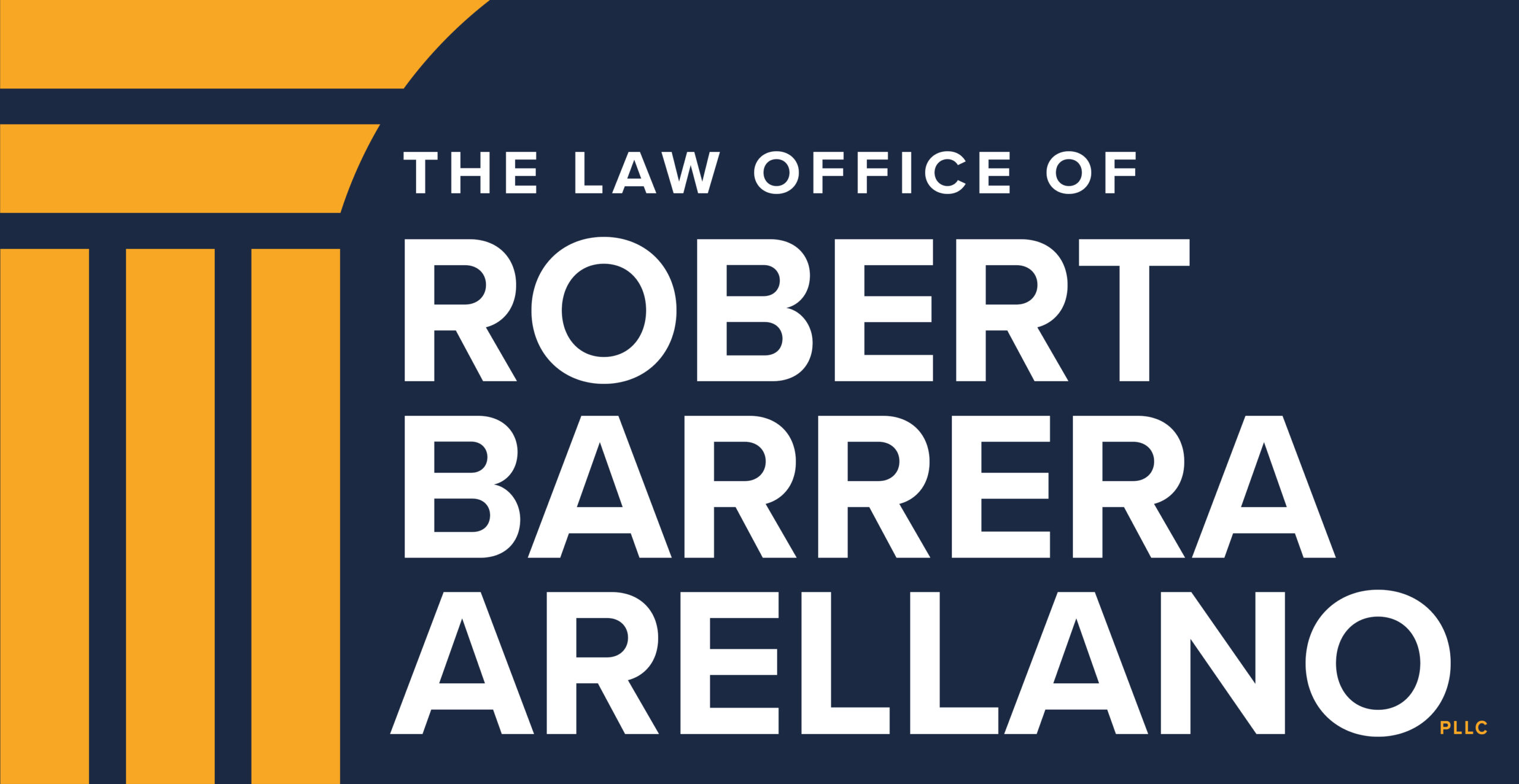
DWI Blog
A DWI, or Driving While Intoxicated, is the more serious of the two charges in Texas. This is a criminal offense that occurs when a person is driving a vehicle with a Blood Alcohol Content (BAC) of 0.08% or higher. However, even if you have a BAC under 0.08%, you can still be charged with a DWI if law enforcement believes you are impaired due to alcohol, drugs, or a combination of both.
Key Points About DWI:
A DUI, or Driving Under the Influence, is a charge that typically applies to drivers under the legal drinking age of 21. In Texas, anyone under 21 caught driving with any detectable alcohol in their system can be charged with a DUI, even if their BAC is under the 0.08% limit.
Key Points About DUI:
While both charges relate to impaired driving, the core differences lie in the severity of the offense and the legal requirements for each.
1. Age of the Driver
DWI applies to all adult drivers who are impaired due to alcohol or drugs, regardless of age.
DUI applies specifically to individuals under the legal drinking age (21), even if their BAC is below 0.08%.
2. Types of Impairment
A DWI can result from impairment due to alcohol, prescription medications, illegal drugs, or a combination.
A DUI is typically a charge for underage drivers with alcohol in their system, though it could apply in some cases to drugs.
3. Legal Consequences
A DWI is often treated as a criminal offense, with more serious penalties, especially if the BAC is significantly over the legal limit or if other aggravating factors are involved (e.g., previous convictions, accidents, or injuries).
A DUI usually results in lesser penalties but can still carry serious consequences for underage drivers, including fines, license suspension, and mandatory alcohol education classes.
Texas takes DWIs seriously, and the penalties can be severe, especially if aggravating factors are involved. Penalties may include:
Since DUI charges are primarily for underage drivers, penalties tend to be less severe than for DWIs, but they still carry serious consequences. Penalties for DUI can include:
If you are arrested for a DWI or DUI in Texas, the consequences can be immediate and long-lasting. Upon arrest, you’ll likely be asked to submit to a breathalyzer or blood test. Refusing this test can result in automatic license suspension and may be used as evidence against you in court.
Here’s what you can expect after your arrest:
If you’ve been arrested for a DWI or DUI in Texas, it’s critical to consult with an experienced attorney. Robert Barrera Arellano is a skilled lawyer specializing in DWI and DUI defense. He can guide you through the legal process, help you understand your rights, and fight for a favorable outcome in your case.
Why You Should Contact Attorney Robert Barrera Arellano:
Expertise in DWI/DUI Cases: Robert Barrera Arellano has years of experience defending clients charged with DWI and DUI offenses in Texas.
Personalized Attention: Every case is unique, and you’ll receive customized legal advice tailored to your specific situation.
Fighting for Your Rights: Attorney Arellano will work tirelessly to protect your rights and achieve the best possible result for your case.
If you’re facing a DWI or DUI charge, don’t wait. Call the Law Office of Robert Barrera Arellano today at 210-247-4189 to schedule a consultation.
The best way to avoid the serious consequences of a DWI or DUI charge is to never drive under the influence of alcohol or drugs. Here are some steps you can take to stay safe:
Understanding the difference between a DWI and DUI in Texas is crucial for all drivers. A DWI is a serious charge that can have long-lasting consequences, while a DUI typically applies to underage drivers. If you’ve been arrested for either of these offenses, don’t hesitate to contact an experienced attorney to discuss your case. Robert Barrera Arellano is ready to provide expert legal representation and fight for your rights.

The main difference is that a DWI applies to all drivers and can be due to alcohol or drugs, while DUI typically applies to underage drivers who have any detectable amount of alcohol in their system.
Yes, you can still be charged with a DWI if you are impaired, even if your BAC is below the legal limit.
Penalties for a DWI in Texas can include fines, jail time, and license suspension. Repeat offenses or a high BAC can result in more severe penalties.
An attorney can help by challenging evidence, negotiating plea deals, and ensuring your rights are protected throughout the legal process.
Refusing a breathalyzer test can result in automatic license suspension and may be used against you in court, so it’s important to understand the consequences before making this decision.